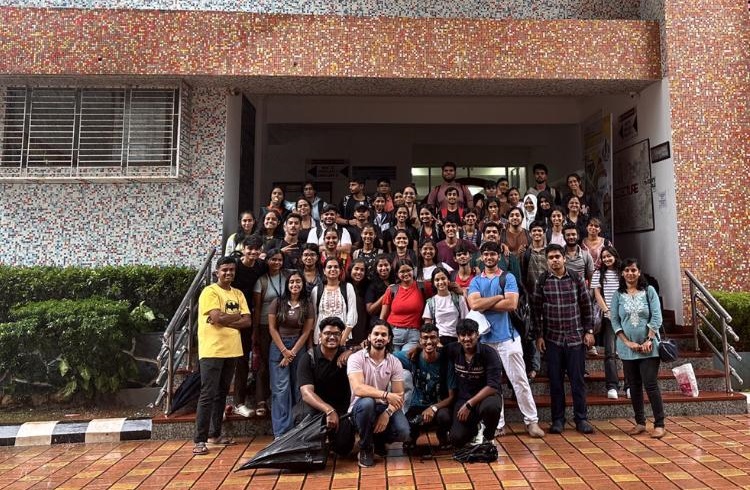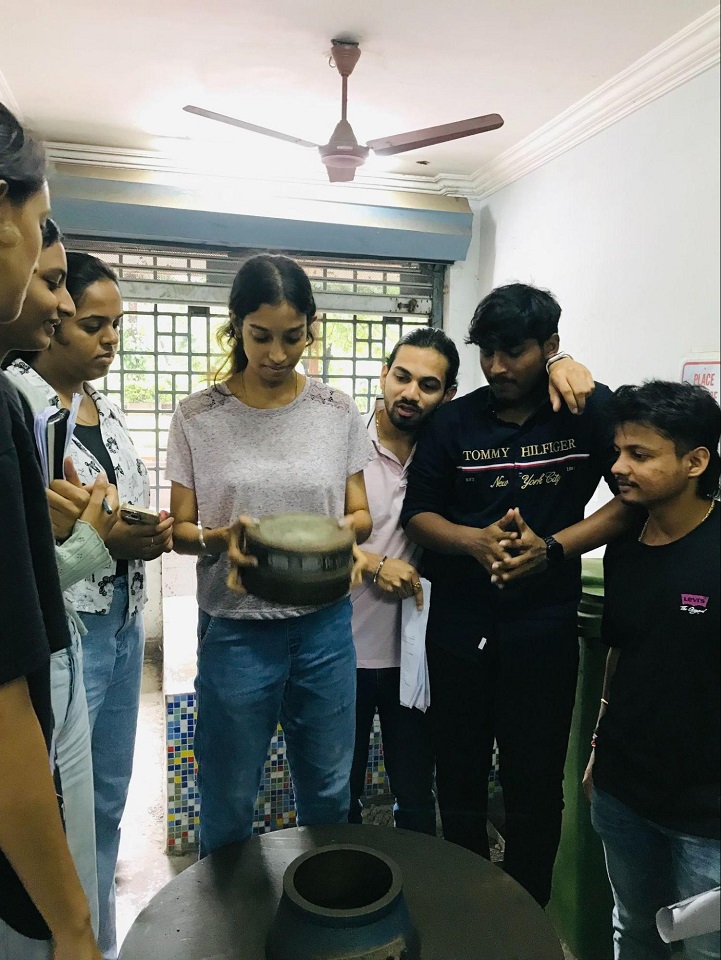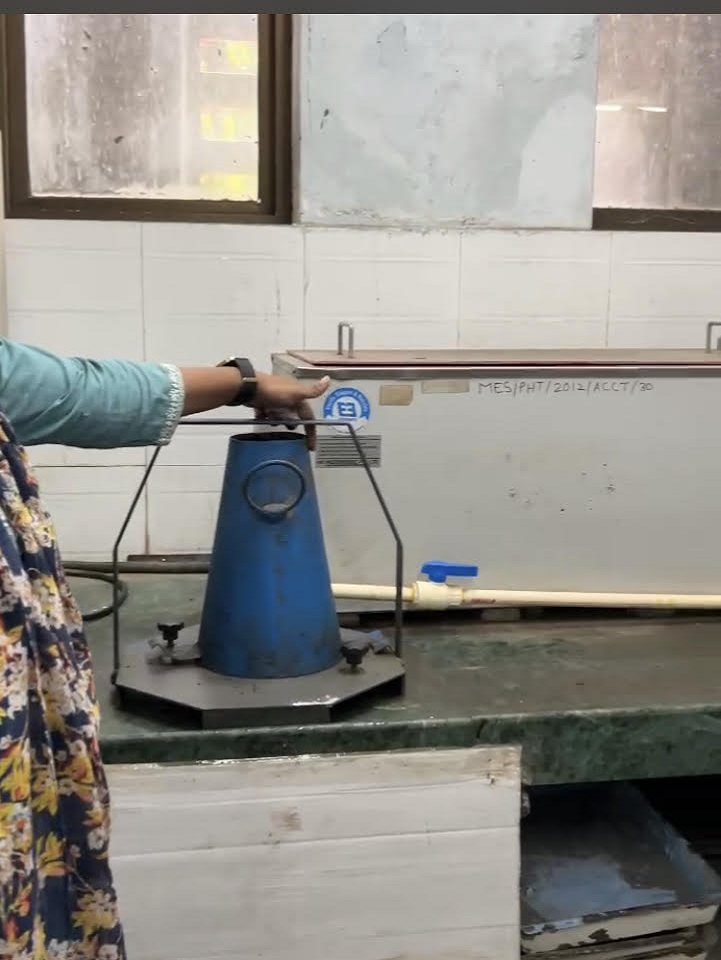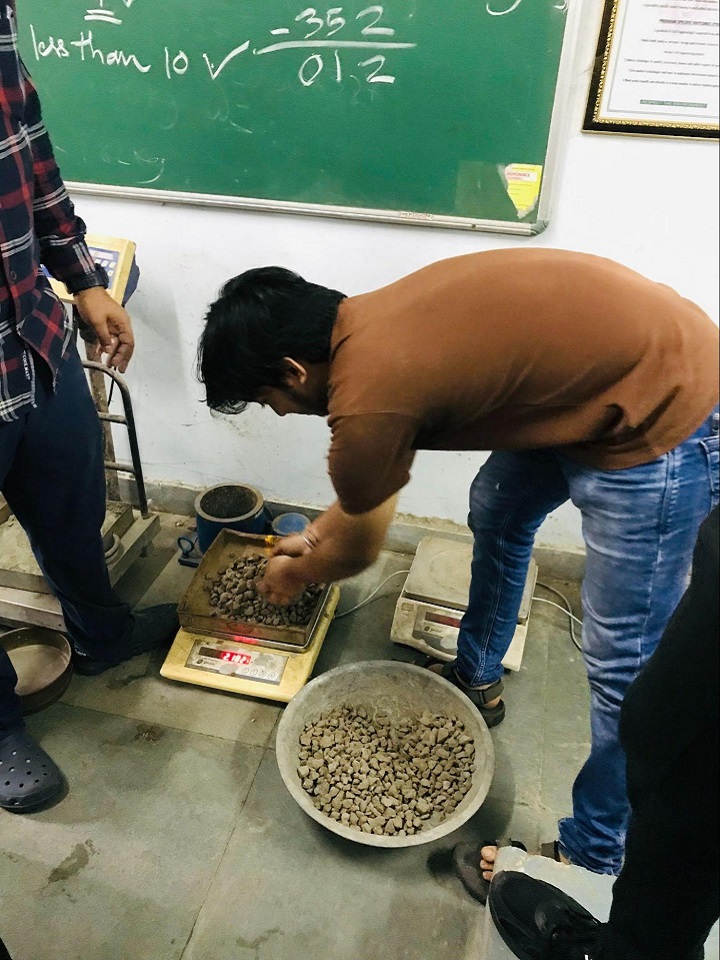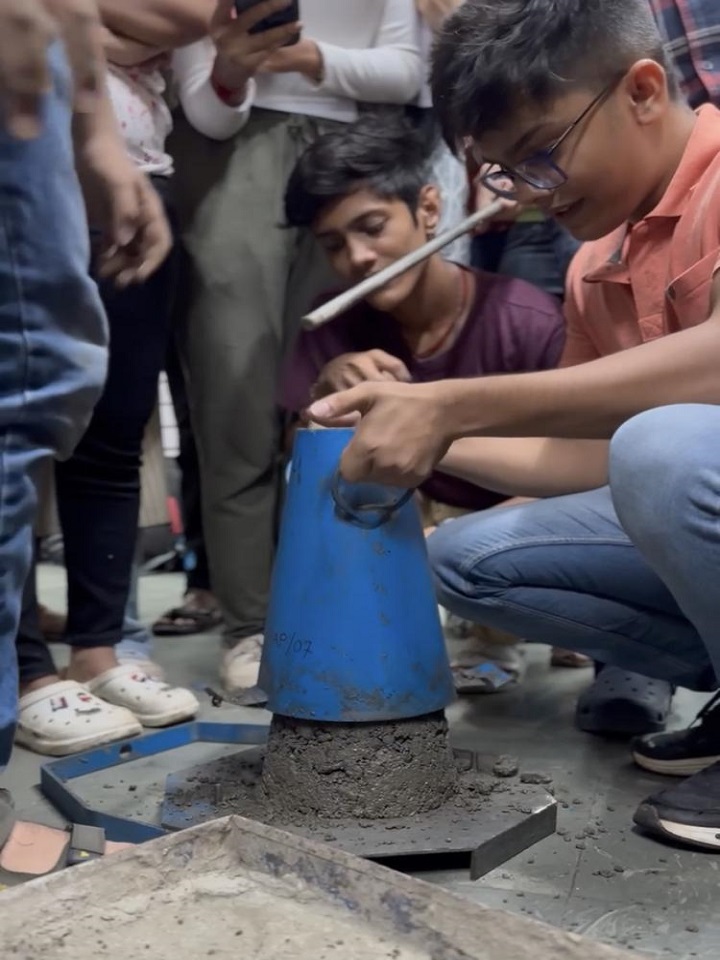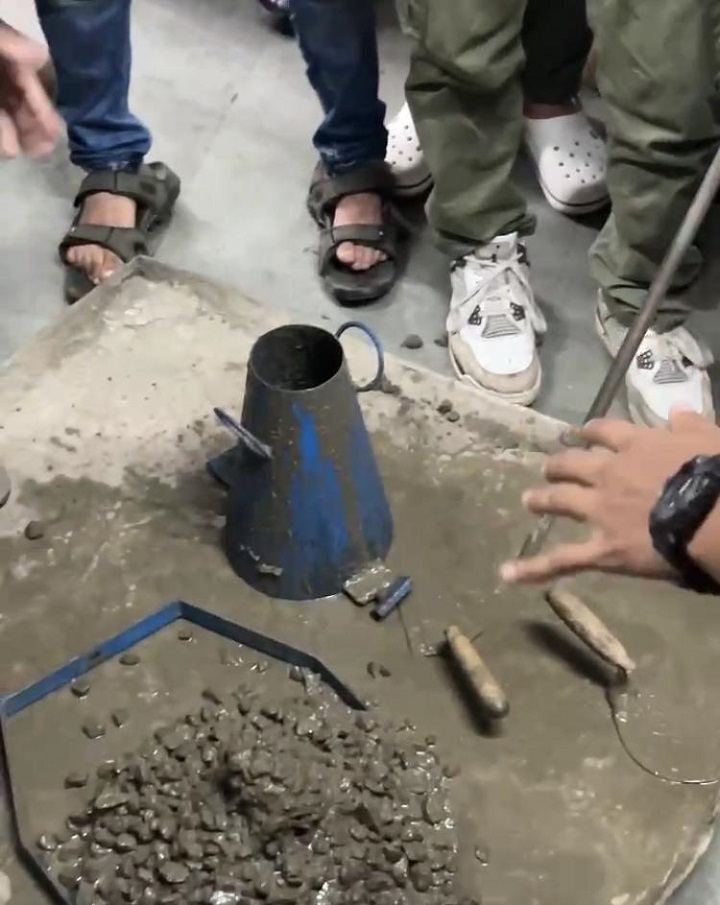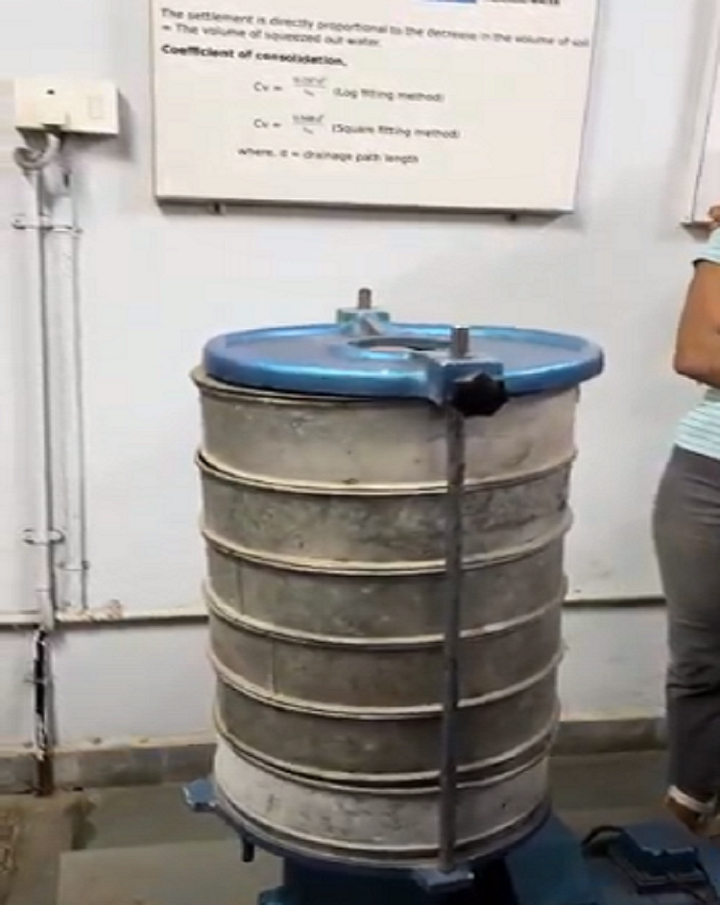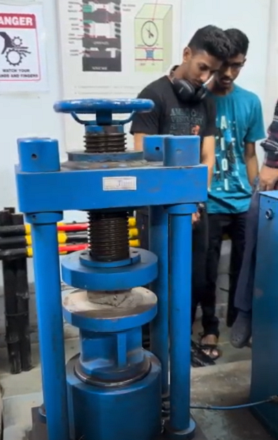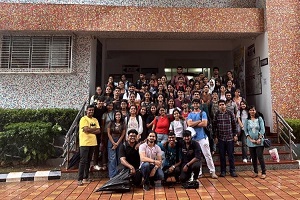| Subject | Theory and Design of Structure -III |
| Session | 2023-24 |
| Year | 2nd |
Date | 13th July 2024 |
| Semester | 3rd |
| Faculty Subject Coordinator | Prof. Shital V. Marlapalle |
| Co-Faculty | Prathmesh Deshpande |
| Location of visit | Pillai HOC College of Engineering & Technology, Civil Department, CT Lab. |
Introduction:
Construction Materials Testing:
The testing process is important because it allows inspectors and builders to identify faults before an actual stress test, where personal and environmental safety is at risk.
A building’s structure is much more than floors, walls and a foundation. Virtually all buildings rely on a variety of support materials, including layers of soil and cement, to maintain long-term stability. Construction materials testing (CMT) is a vital process that helps builders and site owners identify potential problems before committing resources to the project. Testing is also essential for keeping the structure in line with applicable legal requirements, including occupational safety and environmental regulations.
Purpose of material testing:
The material testing laboratory is an opportunity for B.ARCH students to test the behavior of building materials and to get the knowledge on building material testing.
Planning and facilitation of material testing laboratories is a challenging search for balance between teaching real test methods & fostering productive learning about building material and their characteristics.
The balancing act also includes consideration of:
- Emphasis on learning by students not exposed to field condition versus learning of concepts to develop for future construction work,
- Use of modern equipments versus the manual devices still commonly used in many laboratories,
- Integrating laboratory work into the course learning versus allowing students to learn independently. Suggestions are invited form experts, academicians and consultants to set priorities for improving both learning and testing of building material
